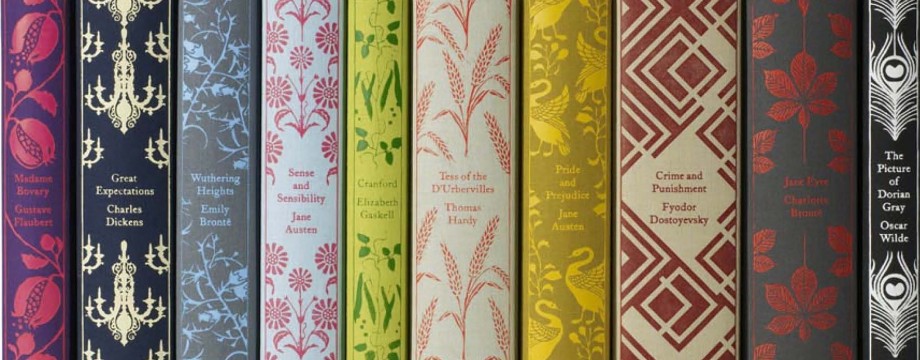
This book, about a man and a boy traveling through a post-apocalyptic wasteland, scared the pants off me. Cormac McCarthy never makes the mistake of addressing why everything fell down, so you never get the chance to think “Well, that’s unlikely. The world won’t end. I’ll be fine.” You’re stuck thinking “This could completely happen. We are bound to destroy ourselves one way or another. This is going to be me in five years.”
The story is simple, dealing with the daily search for food, water, warmth and safety. As in real life, the most terrifying thing is other people, and a lot of the book is the characters hiding from the many bad people out there. But you never get the elaborate descriptions of post-apocalyptic gangs that so many of these dystopian authors revel in. Like Hitchcock, McCarthy knows that the barely-seen danger is way more horrible.
I don’t usually want to be terrified out of my clothes but I couldn’t put this book down, because the characters are completely real. They talk the way people talk and they act the way people act. The kid is not precocious and the father is not heroic. They’re just people.
When the tub was almost full the boy got undressed and stepped shivering into the water and sat. […] What do you think? the man said.
Warm at last.
Warm at last?
Yes.
Where did you get that?
I dont know.
Okay. Warm at last.
Of course there are things you have to have in a story about the end of the world or risk violating the laws of the End Of The World Storytellers Guild. McCarthy, being a member in good standing, complies with all guild regulations. Rampant cannibalism? Check. Women reduced to breeders? Check. A scene midway through where the main characters come across a pitiful store of food and comfort which looks like heaven after the privations they’ve endured heretofore? Check.
Though McCarthy never says what ended the world as we know it, I have my theory. I think it was the apostrophe and those Siamese twins, the quotation marks. This is the only thing that could explain why McCarthy never uses either of these punctuation marks in the book, even when they are manifestly called for. Of course this contributes to the off-kilter, dazed feeling of a world destroyed, but not nearly as much as the storyline and elegant prose do. As a general rule, I’m going to say that anything which pulls your reader out of the story to stare, baffled, at the punctuation cannot be good.
If reading my prose is anything to go by, my personal world will probably be ended by an overabundance of commas and paragraph breaks.
Joking aside, you should read this book. It is about depressing things but is not depressing, and any pants you might be scared out of are more than made up for by the thoughts it makes you have. Thoughts like “maybe I should start making an emergency kit to keep in the house. Just in case.”

